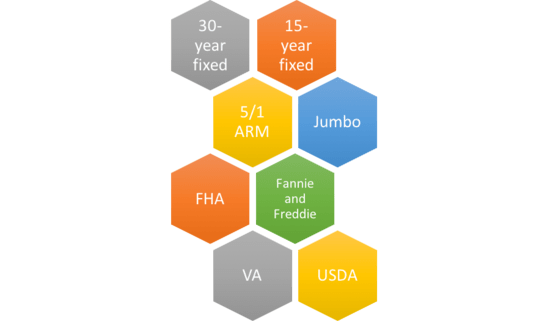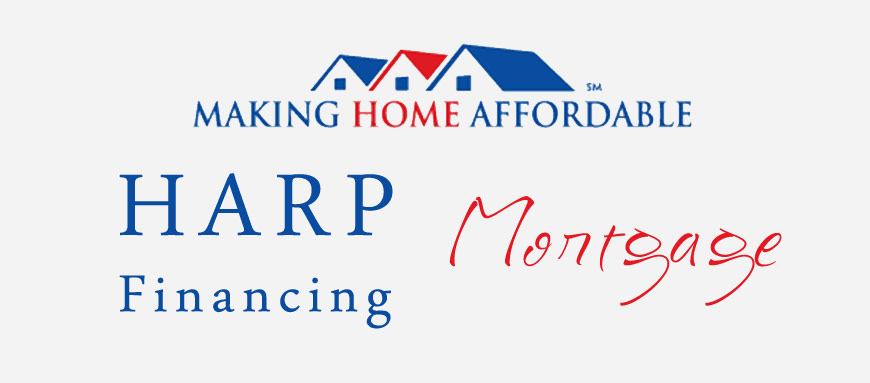Table of Contents9 Simple Techniques For What Is The Current Interest Rate For Mortgages?More About What Are The Current Interest Rates On MortgagesWhy Do Mortgages Get Sold - Truths
The home mortgage, itself, is a lien (a legal claim) on the home or property that protects the guarantee to pay the financial obligation. This is what makes home mortgages a secure type of debt. Given that the loan is protected, effectively utilizing the house as collateral, this implies that if you fall behind in your payments or fail to pay the loan back, the loan provider can repossess the house through foreclosure.
The principal is the initial quantity obtained from the lending institution - which type of credit is usually used for cars. When you secure a home mortgage, the lender will designate a rates of interest based on the kind of mortgage you choose and your credit history. This rate figures out how quick interest builds on your mortgage. The loan-to-value ratio is the quantity of cash you borrow compared to the cost or assessed worth of the home you are purchasing.
For example, with a 95% LTV loan on a house priced at $50,000, you might borrow approximately $47,500 (95% of $50,000), so you would require to offer $2,500 as a down payment. The LTV ratio shows the amount of equity customers have in their homes. The higher the LTV ratio, the less money homebuyers are required to pay of their own funds.
The largest distinction in home mortgage loaning involves the interest applied to the loan. Because you'll pay hundreds of thousands of dollars in interest over the life of even a typical home loan, it's necessary to get the rates of interest that's right for your monetary circumstance. The right interest rate can help you conserve money over the life of the loan and avoid monetary distress.
Your housing costs are unaffected by market conditions. Adjustable Rate Home Loans (ARMs) Rates of interest modifications on a regular schedule (usually every 1, 7, or 10 years) 30 yearsYou can certify with lower credit. When rate of interest are low, you will pay less cash. However, if rate of interest go up, you will be needed to pay more cash.
Balloon MortgageLow rate of interest over an initial period5 years, 7 years, or 10 yearsYou have low payments (in many cases, interest just) for a set period, then the espn radio in my area complete balance is due or the loan must be re-financed. For the most part a fixed rate home loan is generally the better choice, because you understand precisely what you will require to pay every month, there will not be any surprises down the roadway, and you aren't at the mercy of market conditions.
If the rate is high when your rates of interest changes, your payments will increase. An ARM may make sense if you are positive that your earnings will increase progressively over the years or if you prepare for a relocation in the near future and aren't concerned about prospective increases in rates of interest.
7 Easy Facts About When To Refinance Mortgages Explained
The "term" of your home mortgage identifies how fast you settle the loan with interest added. So, if you have a 30-year fixed rate mortgage, it will take thirty years to settle your loan. If you have a 15-year loan, you will own your house in half the time it handles the 30-year mortgage.
If you have a 30-year set rate mortgage, for the very first 23 years of the loan, more interest will be paid off than principal; this implies larger tax reductions for those 23 years. In addition, mortgage payments will use up a lower portion of your income for many years, due to the fact that as inflation increases your costs of living, your home mortgage payments stay consistent.
In addition, equity is constructed quicker because early payments pay off more of the principal. There are home loan alternatives now readily available that only require a down payment of 5% or less of the purchase price. Nevertheless, the larger the deposit, the less cash you have to obtain and the more equity you'll have.
When thinking about the size of your down payment, consider that you'll likewise require money for closing expenses, moving costs, and any repair work or remodelling expenses. An escrow account is established by your lender to reserve a portion of your regular monthly mortgage payment to cover yearly charges for house owner's insurance, home loan insurance coverage (if suitable) and real estate tax.
Escrow accounts are a good idea because they assure cash will constantly be offered for these payments. If you utilize an escrow account to pay home tax or house owner's insurance, make sure you are not penalized for late payments, because it is the lending institution's duty to make those payments. Deposits can be a huge hurdle to house ownership.
These programs can assist you pay as little as 3% down as a newbie home buyer. HUD and the FHA have help programs, and so do individual states. Required to search for down payment assistance programs in the location you are wanting to acquire a new home? We suggest DownPaymentResource.com.
Speak with a HUD-certified housing counselor today to set a course so you can end up being mortgage-ready. Your monthly mortgage payment mainly settles the principal and interest. Nevertheless, the majority of lenders also include regional genuine estate taxes, house owner's insurance coverage and mortgage insurance (if appropriate). This is why month-to-month home loan payments are sometimes referred to as PITI (principal + interest + taxes + insurance coverage). The amount of your down payment, the size of the mortgage loan, the interest rate, and the length of the repayment term and payment schedule will all affect the size of your home mortgage payment.
Fascination About How Do Assumable Mortgages Work
Rates of interest can vary as you look for a loan, so ask loan providers if they offer a rate "lock-in" that will ensure a specific rate of interest for a particular time period; this enables you to purchase mortgages efficiently. Keep in http://cristianrkwa907.lucialpiazzale.com/the-main-principles-of-which-type-of-interest-is-calculated-on-home-mortgages mind that a lending institution must reveal the Annual Portion Rate (APR) of a loan to you.

It is usually higher than the rates of interest due to the fact that it also includes the cost of points, mortgage insurance, and other fees consisted of in the loan. If you have a fixed-rate mortgage and rates of interest drop significantly, you might wish to consider refinancing. A lot of professionals concur that if you plan to be in your house for at least 18 months and you can get a rate of 2% less than your existing rate, refinancing is a wise alternative.

Discount rate points allow you to lower your rate of interest this is what people suggest when they say they paid points off their home loan. These points are basically pre-paid interest, with each point equaling 1% of the total loan quantity. Usually, for each point paid on a 30-year mortgage, the interest rate is reduced by 1/8 (or.
So if you have a $200,000 home mortgage at 4.5% interest, then you could lower your rates of interest to 4.375% by paying $2,000. When searching for loans ask loan providers for an interest rate with 0 points and then see just how much the rate decreases with each point paid. Discount rate points are wise if you plan to remain in a house for some time because they can decrease your monthly loan payment.
You can settle your home mortgage faster by making additional payments every month or each year beyond your month-to-month payment requirement. This speeds up the procedure of settling the loan. When you send out additional money, be sure to suggest that the excess payment is to be used to the principal.